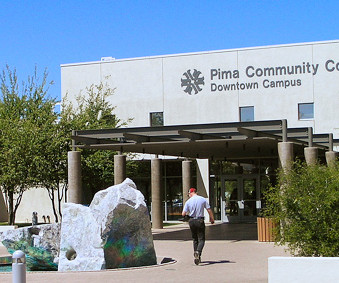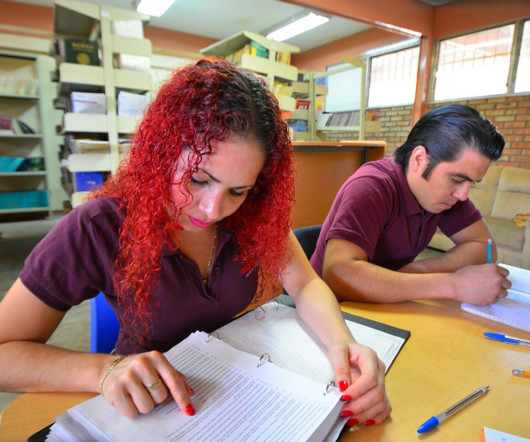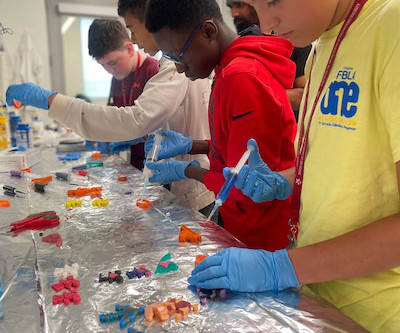Pima Community College Receives Nearly $1.5 Million to Support Low-Income and First-Generation Students with STEM
Diverse: Issues in Higher Education
MARCH 1, 2023
Department of Education (ED), which it will use to serve low-income and first-generation students interested in science, technology, engineering, or mathematics (STEM) degrees from select high schools. Pima Community College has received nearly $1.5 million from the U.S.














Let's personalize your content